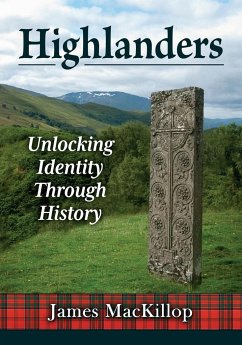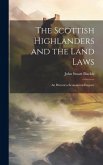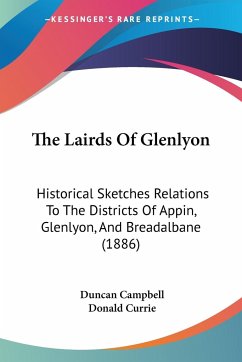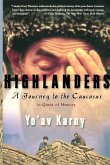Rebellion was recurrent in the Highlands because the Gaels (Scoti) were an often-oppressed indigenous minority in the nation, Scotland, to which they gave their name. They spoke a language, Gaelic, few outsiders would learn, and had their own family and social system, the clans. Warfare was bloody, culminating in the catastrophe of Culloden Moor during the doomed quest to restore the Stuart kingship to all of Britain. Economic hardship, including the near-genocidal Clearances, in which tenant farmers were replaced with sheep, drove the Gaels from the glens and islands, so that most today live in the diaspora, including millions in North America. Although the Gaels lack a single genetic identity, they clearly draw from distinct roots in the Irish, Norse and Picts. Despite their hardship, the Gaels are also presented in romantic portrayals by the artistic elite of other nations. This book offers ways in which the reader might find roots and ancestry in unfamiliar terrain. Chapters discuss the landscape and language of the Highlanders, the rise of clans, feuds and invasions, and eventual emigration.
Hinweis: Dieser Artikel kann nur an eine deutsche Lieferadresse ausgeliefert werden.
Hinweis: Dieser Artikel kann nur an eine deutsche Lieferadresse ausgeliefert werden.








